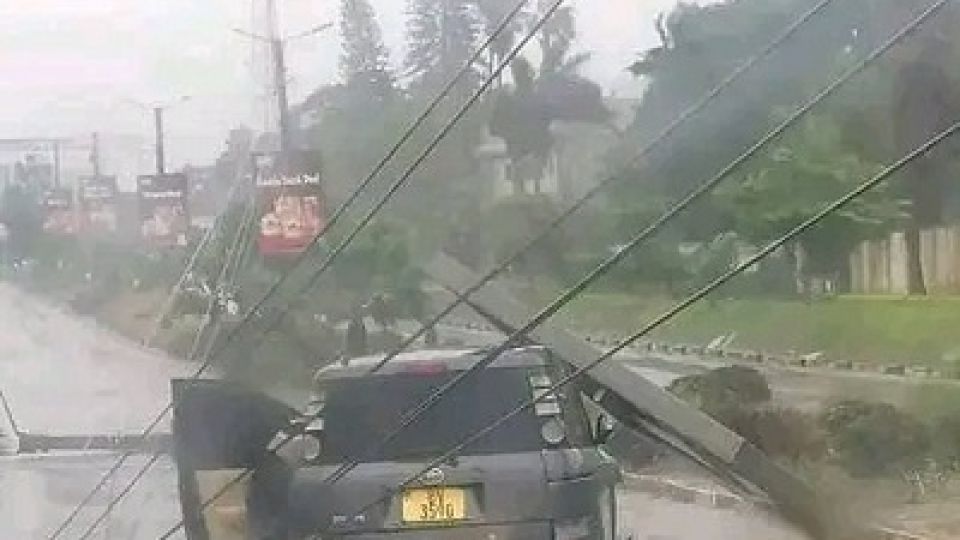from MAVHUTO BANDA in Lilongwe, Malawi
Malawi Bureau
LILONGWE, (CAJ News) – THE devastation by Tropical Cyclone Freddy in Malawi and Mozambique is a gruesome reminder how countries least responsible for climate change are the worst affected by its impact.
At the time of publication, the cyclone had claimed an estimated 100 people, injured scores others and wrecked infrastructure after strengthening into one of the strongest storms ever recorded in the southern hemisphere.
Madagascar has suffered lesser damage.
Southern Africa, which has some of the world’s poorest countries, is bearing the brunt of climate change and there are concerns Malawi and Mozambique, which are already suffering cholera outbreaks, could struggle to cope with Cyclone Freddy.
Mozambique is also battling an insurgency by Islamist groups north of the country.
Tigere Chagutah, Amnesty International’s interim Director for East and Southern Africa, has in an unprecedented call advocated for the countries affected by the cyclone to be compensated for loss and damage.
“Mozambique and Malawi are among the countries least responsible for climate change, yet they are facing the full force of storms that are intensifying due to global warming driven mostly by carbon emissions from the world’s richest nations,” the activist argued.
Chagutah has urged the Southern African Development Community (SADC) and the international community to mobilize the necessary resources to aid rescue efforts in the countries hardest hit by Cyclone Freddy.
“The focus must be on saving lives and providing relief in a manner that is compliant with human rights standards, for those who have lost their homes and livelihoods,” Tigere said.
Freddy is arguably the longest-lasting tropical cyclone on record, having first made landfall in mid-February.
Freddy struck central Mozambique in Zambezia on Saturday, destroying homes and causing widespread flooding.
The storm also brought down telephone lines and power cables, leading to communication outages.
After hitting Mozambique, the cyclone then lashed Malawi with heavy rains, bringing landslides to rural areas and impacting the second largest city – Blantyre with serious flooding.
In Malawi, a state of emergency has already been declared.
The Ministry of Education suspended all classes in districts at risk from Monday.
All students in boarding schools are advised to stay indoors.
Drought, another climate change phenomenon, is impacting Malawi, where 3,8 million people (20 percent of the population) face acute food insecurity for the lean season.
Floods are feared to worsen ongoing outbreaks of cholera in the two countries.
Malawi is suffering its worst cholera crisis, with 1 612 deaths documented from over 51 500 cases since late 2022. It is the most severe outbreak in Africa.
Mozambique has documented 41 deaths from 7 517 cases of the waterborne disease.
As the Freddy devastation occurs, Switzerland is hosting the meeting of the Intergovernmental Panel on Climate Change (IPCC), until Friday.
With just about two to three percent of global emissions, Africa contributes the least to the crisis.
Rich countries that contribute most to climate change have pledged to finance mitigation efforts in Africa but implementation has been at snail pace.
– CAJ News

